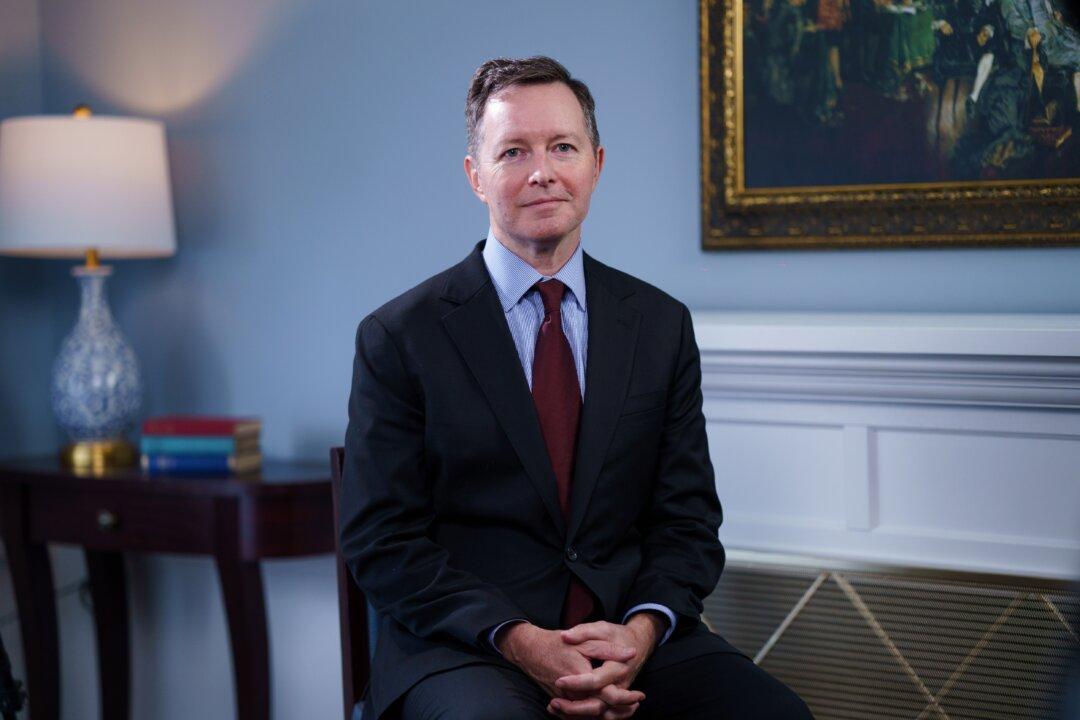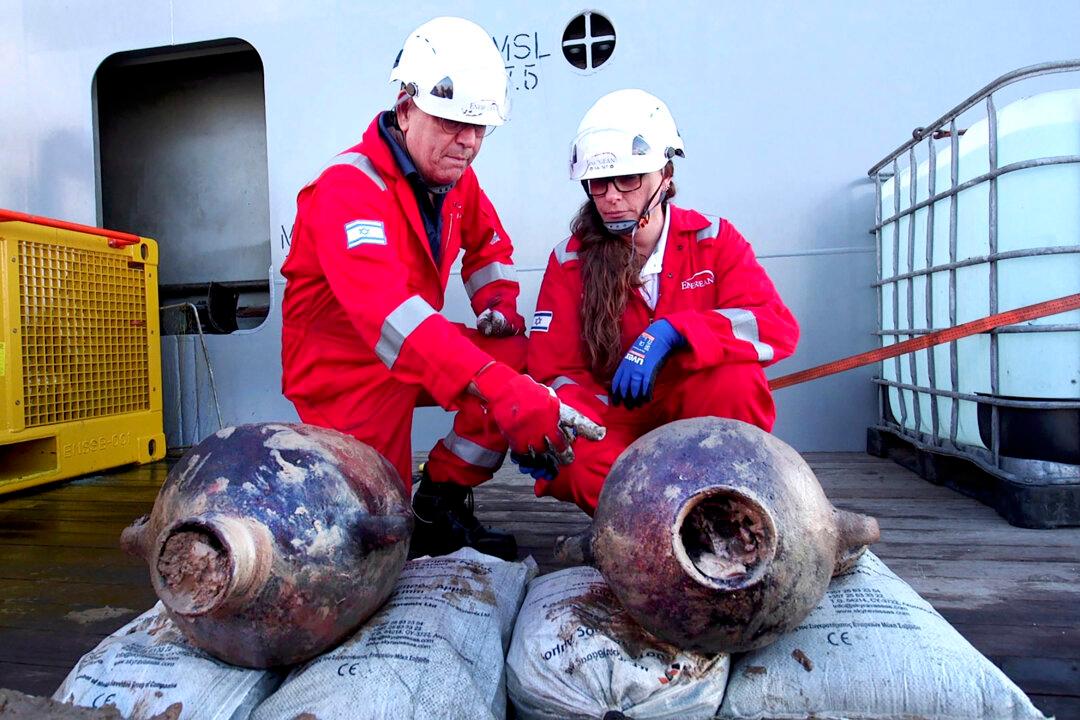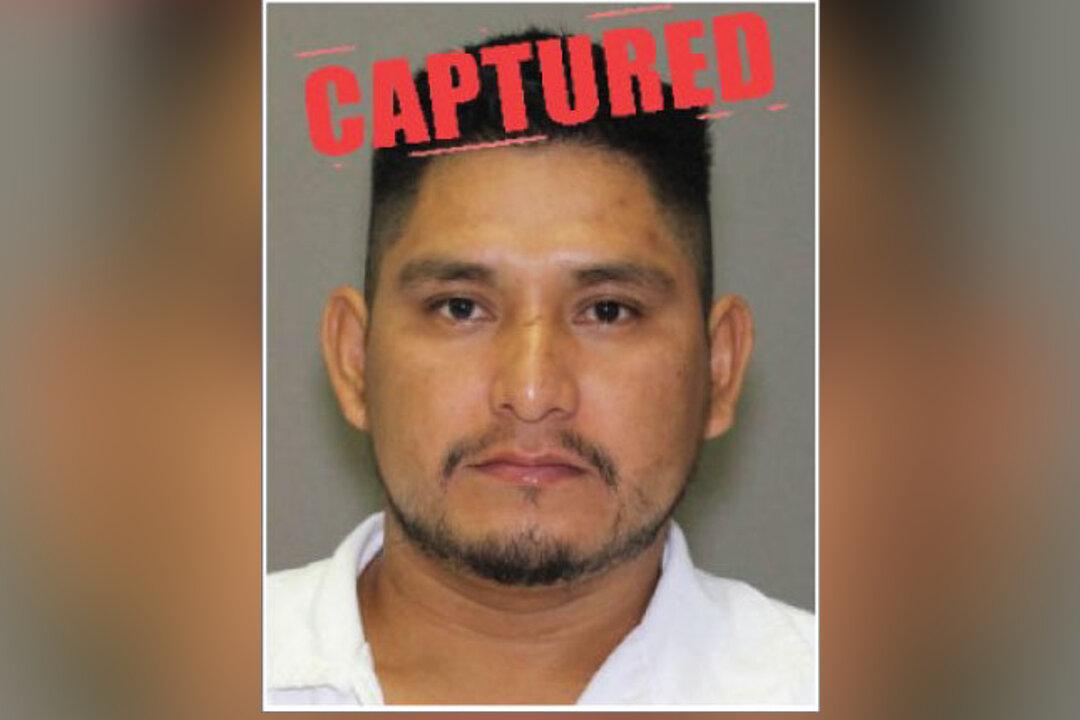The environmental, social and governance (ESG) ideology is a system of control that can control society through the corporate world in ways that governments in the West cannot, according to Kevin Stocklin, writer and producer of “The Shadow State.”
“It is very interesting to try to assess the motives in all of this,” Mr. Stocklin said in an interview to EpochTV’s “American Thought Leaders.” He mentioned two aspects of motivation for following ESG practices, ideology, and profit.






